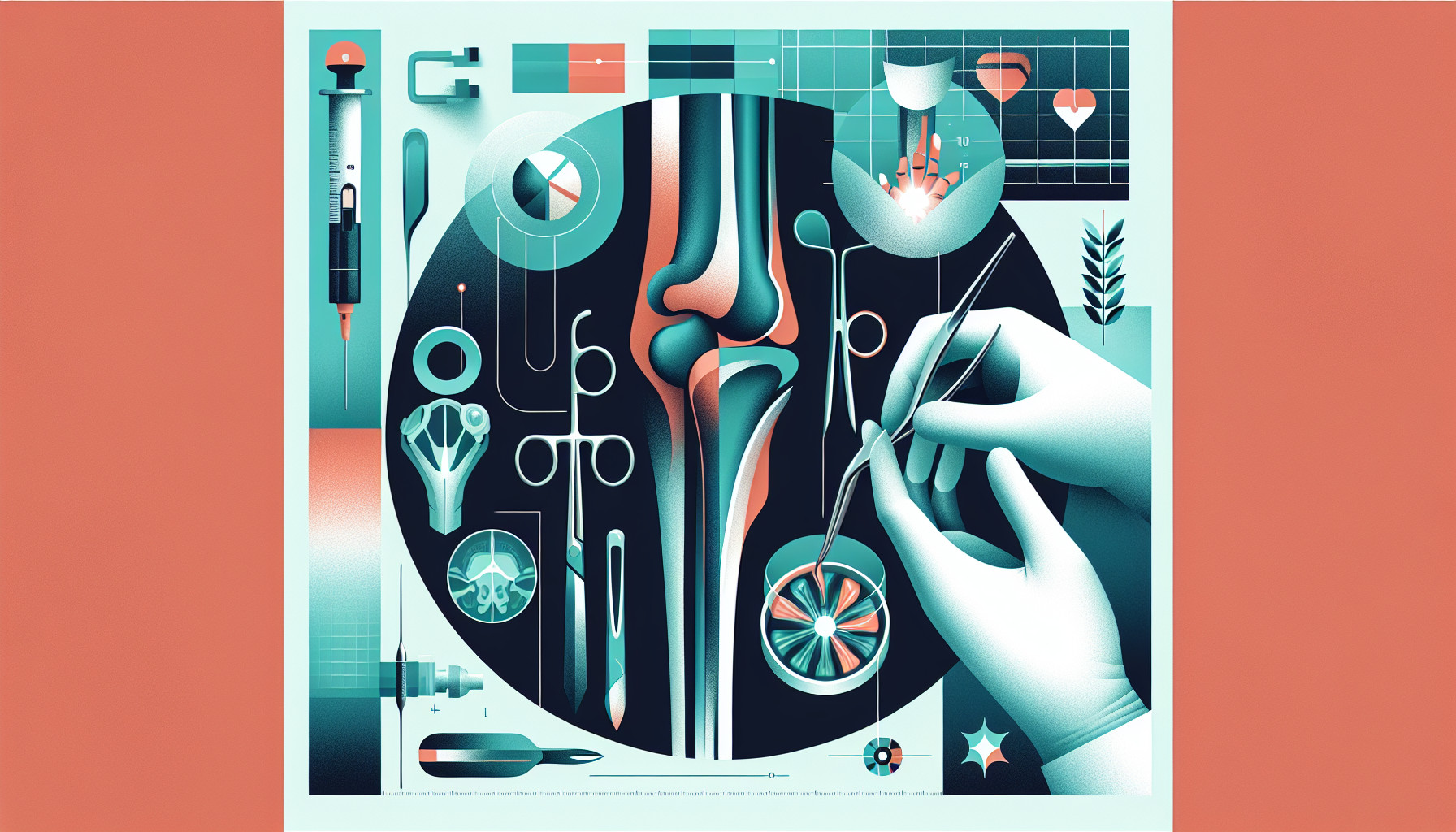Our Summary
This study investigates the role of a type of white blood cell called a macrophage in tendon healing and disease (tendinopathy). Specifically, it looks at two different forms of macrophages - M1 and M2. M1 macrophages are involved in inflammation and consuming harmful substances, while M2 macrophages help to reduce inflammation and aid in tissue repair.
The researchers have conducted various studies on animals, manipulating the function of these macrophages using different methods, such as introducing biological substances, using drugs, or genetically modifying the animals. They found that boosting the activity of the M2 macrophages in healing tendons resulted in less scar formation, faster healing, reduced inflammation, and even stronger tissue.
However, there is still a lot we don’t know about the role of macrophages in tendon disease and healing. This includes how therapies that target macrophages to improve tendon healing might work. The findings of this research could be crucial for developing better treatments for tendon injuries.
FAQs
- What is the role of macrophages in tendon healing and disease?
- How did the researchers modify the function of macrophages in their studies?
- What are the potential implications of these findings for the treatment of tendon injuries?
Doctor’s Tip
One helpful tip a doctor might give to a patient about tendon repair is to follow a proper rehabilitation program after surgery or injury. This program may include exercises to strengthen the muscles surrounding the tendon, as well as stretching and flexibility exercises to improve range of motion. It is important to follow the instructions of your healthcare provider and physical therapist to ensure proper healing and prevent re-injury. Additionally, maintaining a healthy diet and staying hydrated can also support the healing process of tendons.
Suitable For
Patients who are typically recommended tendon repair are those who have suffered from tendon injuries, such as tendon tears or ruptures, that have not healed properly on their own. These injuries can be caused by various factors, including overuse, trauma, or degenerative conditions. Patients with chronic tendon conditions, such as tendinopathy, may also be recommended tendon repair if conservative treatments have not been effective in managing their symptoms. Additionally, athletes or individuals who require optimal tendon function for their daily activities or occupations may also be candidates for tendon repair to restore normal function and prevent further complications.
Timeline
Before tendon repair, a patient typically experiences pain, swelling, limited range of motion, and difficulty performing daily activities. They may undergo imaging tests like an MRI to determine the extent of the tendon injury.
After tendon repair surgery, the patient will go through a recovery process that includes immobilization of the affected limb, physical therapy to regain strength and range of motion, and pain management. The healing process can take several months, during which the patient may experience discomfort, stiffness, and weakness in the affected area.
Research on the role of macrophages in tendon healing suggests that targeting these white blood cells could potentially improve the outcomes of tendon repair surgery. By promoting the activity of M2 macrophages, it may be possible to reduce inflammation, enhance tissue repair, and minimize scar formation in the healing tendon. This could lead to faster recovery times and better long-term outcomes for patients undergoing tendon repair procedures.
What to Ask Your Doctor
Some questions a patient should ask their doctor about tendon repair include:
- Can you explain the role of macrophages in tendon healing and how it affects my specific injury?
- Are there any specific treatments or therapies targeting macrophages that could benefit my tendon repair process?
- What are the potential risks and benefits of using therapies that target macrophages for tendon healing?
- How does my current treatment plan for tendon repair align with the findings of this research on macrophages?
- Are there any new or emerging treatments based on this research that I should consider for my tendon injury?
- How can I support the healing process of my tendon injury at home, based on what we know about the role of macrophages in tendon healing?
- Are there any lifestyle changes or modifications I should make to optimize the healing of my tendon injury, considering the role of macrophages?
- Are there any specific exercises or physical therapy techniques that could help improve the function of macrophages in my tendon healing process?
- How will we monitor the progress of my tendon healing and adjust treatment if needed based on the research on macrophages?
- Are there any clinical trials or research studies related to macrophages in tendon healing that I should be aware of for potential future treatment options?
Reference
Authors: Sunwoo JY, Eliasberg CD, Carballo CB, Rodeo SA. Journal: J Orthop Res. 2020 Aug;38(8):1666-1675. doi: 10.1002/jor.24667. Epub 2020 Mar 30. PMID: 32190920
